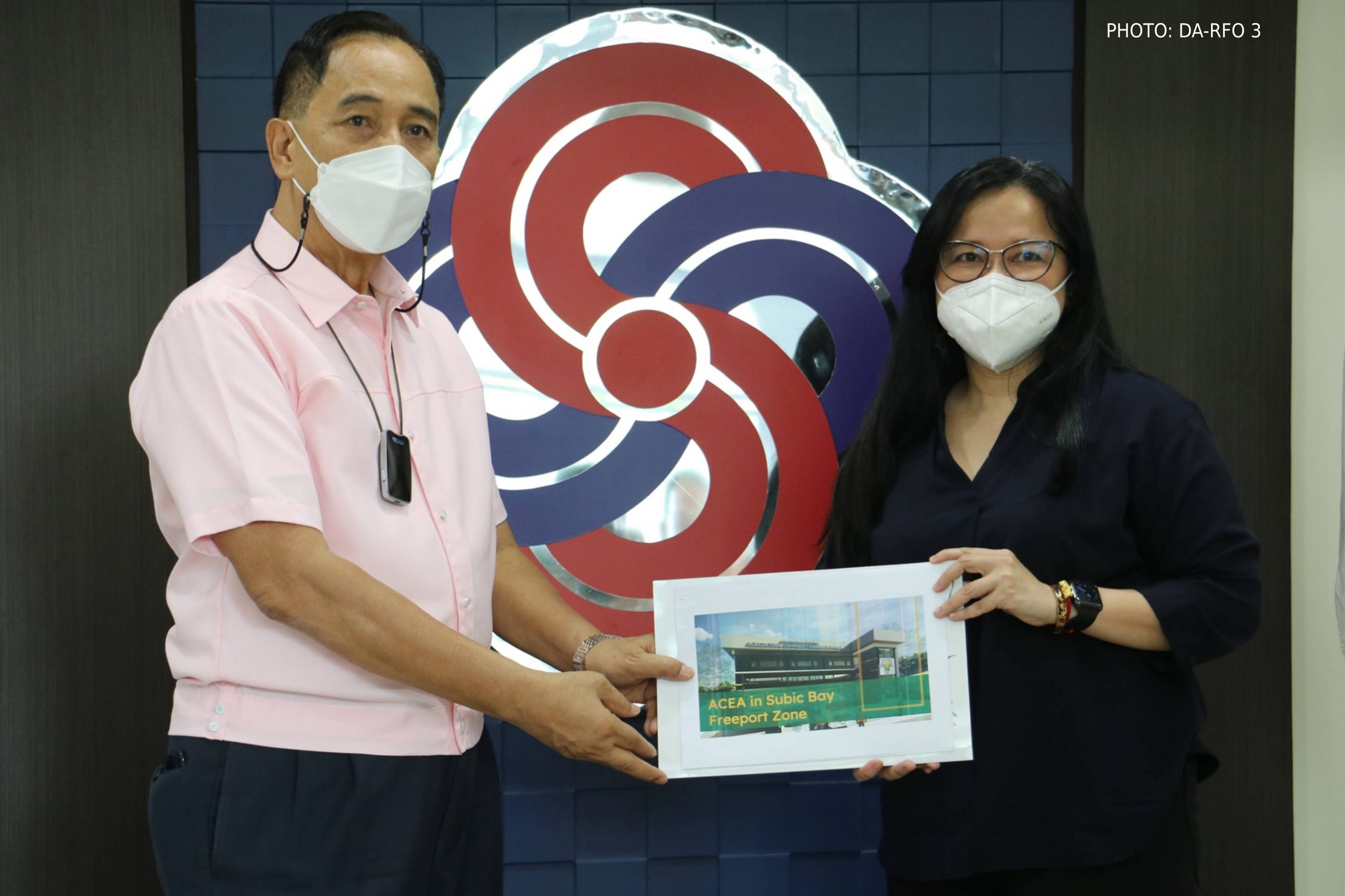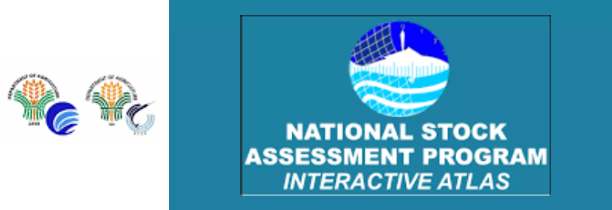
The Department of Agriculture (DA) is targeting 100 percent inspection of farm, fishery, and meat products to ensure their quality, determine and confiscate misdeclared shipments, and more importantly, prevent the entry of transboundary pests and diseases.
This will be soon realized as the DA and the Subic Bay Metropolitan Authority (SBMA) have agreed in principle, pending approval of the SBMA Board, to establish the country’s first of the five planned so-called “first border control facility,” aptly termed as the Cold Examination Facility in Agriculture (CEFA), at the Subic Bay Freeport Zone, in Zambales.
Agriculture Secretary William Dar said SBMA Chairperson and CEO Atty. Wilma Eisma fully supports the proposal of the DA to construct and operate the Subic CEFA. He met with Eisma at SBMA, on June 30, 2021.
There was an earlier move to establish a CEFA at the Philippine Ports Authority (PPA) compound, at the Manila International Container Port (MICP), but negotiations are still ongoing between the DA-BAI and DOTr-PPA. The DA also plans to put up similar CEFA in the ports of Batangas, Cebu, and Davao.
For the Subic CEFA, the DA proposes to use a 2,000-square meter lot at the freeport zone for 25 years, renewable upon mutual agreement.
“We thank SBMA chair and CEO Eisma for the smooth negotiations, pending approval of the SBMA Board, that will jumpstart the process of procurement. We wish the facility constructed as soon as possible,” said Secretary Dar, highlighting that the partnership will transform the Subic International Port into the country’s major hub for agricultural product imports.
Once operational, the Subic CEFA will be able to conduct full and thorough inspection of containerized agricultural commodities through risk assessment, complemented by x-ray screening of the Bureau of Customs (BOC). This means all farm, fishery, meat, and food imports will be subjected to 100% sampling and laboratory testing.
“The Subic Bay Freeport Zone is an ideal location because it is well-connected to the main Metro Manila highways,” the DA chief said.
“The CEFAs will initiate a new way of conducting first-border inspections, as well as host more thorough examinations, as you can open all arriving imports in one cold warehouse and have ample time to examine them,” he added.
The planned CEFA network — with a total P521-million fund allocation from the Office of the President — will be equipped with laboratories and manned by quarantine officers and technical staff from the DA bureaus of animal industry (BAI), plant industry (BPI), and fisheries and aquatic resources (BFAR), and National Meat Inspection Service (NMIS).
Each facility will feature controlled temperature systems that will capacitate quarantine officers to thoroughly inspect the contents of an identified high-risk containerized shipment and prevent the possible spread of hazardous biological agents, such as toxins, and radioactive elements carried by imported agricultural products.
The DA estimates that the Subic CEFA would earn at least P130 million yearly from testing and inspection fees. Also, the construction and operation of the Subic CEFA and four other first border control facilities are expected to generate employment in the respective localities.
“In all, the completion of the CEFA network will be one of the major accomplishments of the Duterte administration, as global biosecurity and quarantine protocols are put in place and strictly implemented to keep the country’s agriculture and fishery sector free from transboundary pests and diseases, and protect the health and welfare of Filipinos,” Secretary Dar concluded. ### (Kuhlin Gacula, DA Stratcomms)













